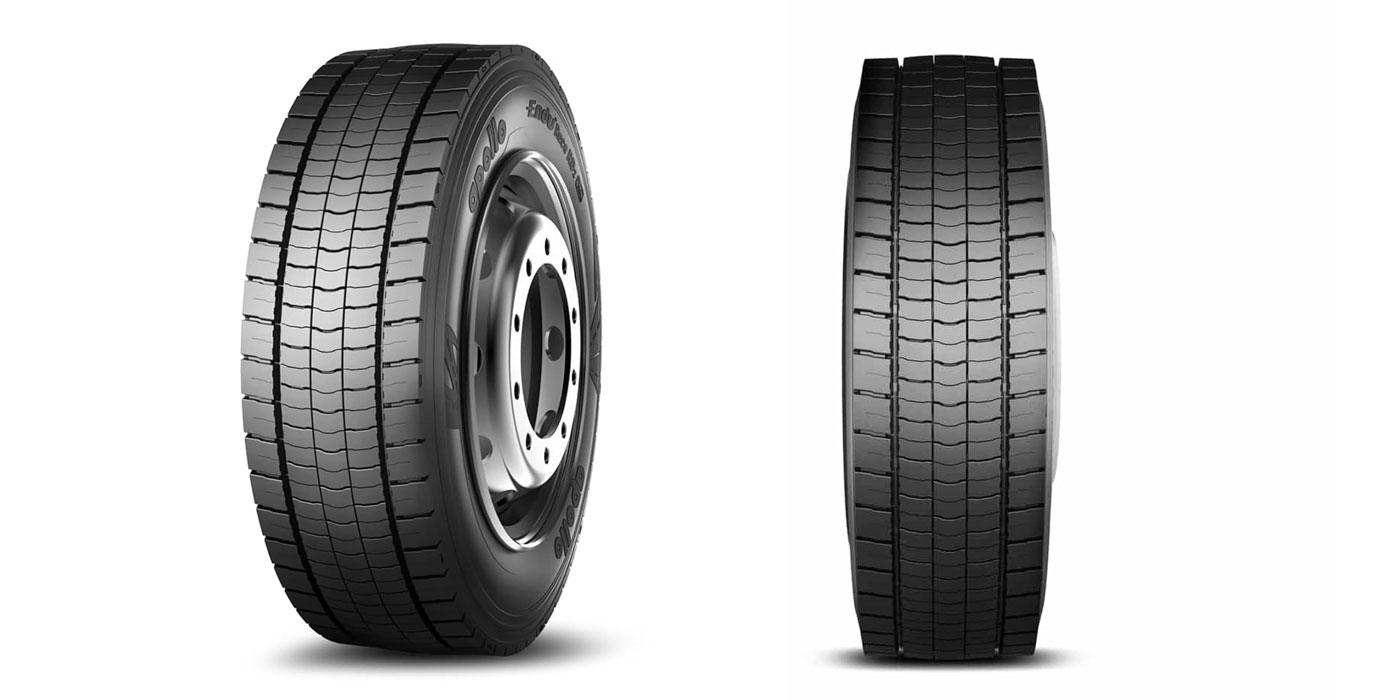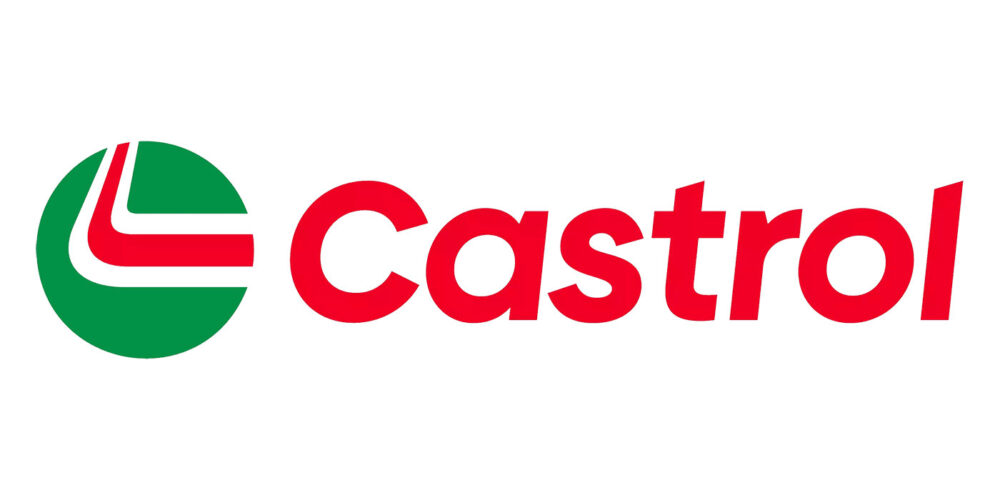We all need to make adjustments to expenditures when revenues decrease significantly. If you don’t generate sufficient revenue to pay for new trucks, you simply can’t buy them. The editor of a biofuels publication recently was incensed because governors of several states petitioned the EPA to suspend the renewable fuels standard (RFS) due to our nation’s troubled economy.
She stated that investments in alternate fuels were good ideas, because we need to be more energy independent—I agree 100%. Then she began haranguing supporters of a temporary easing of the RFS, stating that government never loses money on alternate fuels projects. She said that Solyndra’s huge losses didn’t cost our government money, because the government got banks to guarantee these Solyndra loans. According to her, when firms like Solyndra fail, banks lose the money, not the federal government. Where does she think our government gets the money it spends? Government’s only sources of cash are revenue from taxes, the money it borrows, and the money it prints.
Failures of bank-guaranteed loans must be absorbed by that bank, and those losses add directly to overall bank expenditures. Increased expenditures mean reduced profits, therefore reduced federal government revenues due to decreased taxes. Big banks only absorb so many losses before they must approach our government to bail them out – or fail.
Bailout recipients now owe our Treasury $179 billion, and our government is borrowing 42% of its operating capital. Government is the worst credit abuser because politicians aren’t held accountable, and politicians spend like drunken sailors to maintain their supporters’ votes.
Supporters of the General Motors restructuring stated the company would sell 100,000 Chevrolet Volts per year. To date, monthly sales haven’t exceeded 2,700 units; less than 1/3 of the targeted volume. Because of the tremendous up-front investment required to produce a new model, the Volt doesn’t make GM any money. Taxpayers absorb those losses two ways: reduced tax revenues and depressed stock prices. Government owns considerable depressed GM stock, and GM owes the Treasury $27 billion.
The administration cut a deal with a large corporate supporter to guarantee the purchase of 50,000 Volts. GM also is leasing Volts at ridiculously low rates. Still, sales volumes haven’t increased sufficiently. Could it be that Americans don’t really believe there will be a payback over the long haul? Reuters estimates GM is currently losing $49,000 on every Volt it sells. Even GM officials acknowledge that the Volt will take several more years to turn a profit.
Another example of financial irresponsibility in government is exhaust emissions regulations. With the advent of each new emissions regulation, the cost of new trucks increased significantly. Until the latest regulations emphasizing improved fuel economy, there was no operational payback. There were significant operating cost increases, because new trucks got worse fuel economy and they spent considerable time in the shop. Fleets lost money. Since engine manufacturers were responsible for emissions control system durability, they encountered significant increases in warranty costs, which reduced profits and government’s tax revenues. Caterpillar saw the light and exited the unprofitable on-highway truck engine market.
Fleet operators should always look at the cost of new technology on a life-cycle basis to make effective purchases. Government has never been forced to do this, and we will pay the price in terms of inflation if it doesn’t learn soon. We must either draw down debt or print money.
I’ve become much more encouraged about using natural gas, whether CNG or LNG. Prices are low, the supply appears limitless, and several corporations have committed to installing refueling stations across the country. Without a federal tax incentive, biodiesel fuels will play only a minor role in trucking. Corn-based ethanol is slowly dying, but no one has yet scheduled the funeral.













